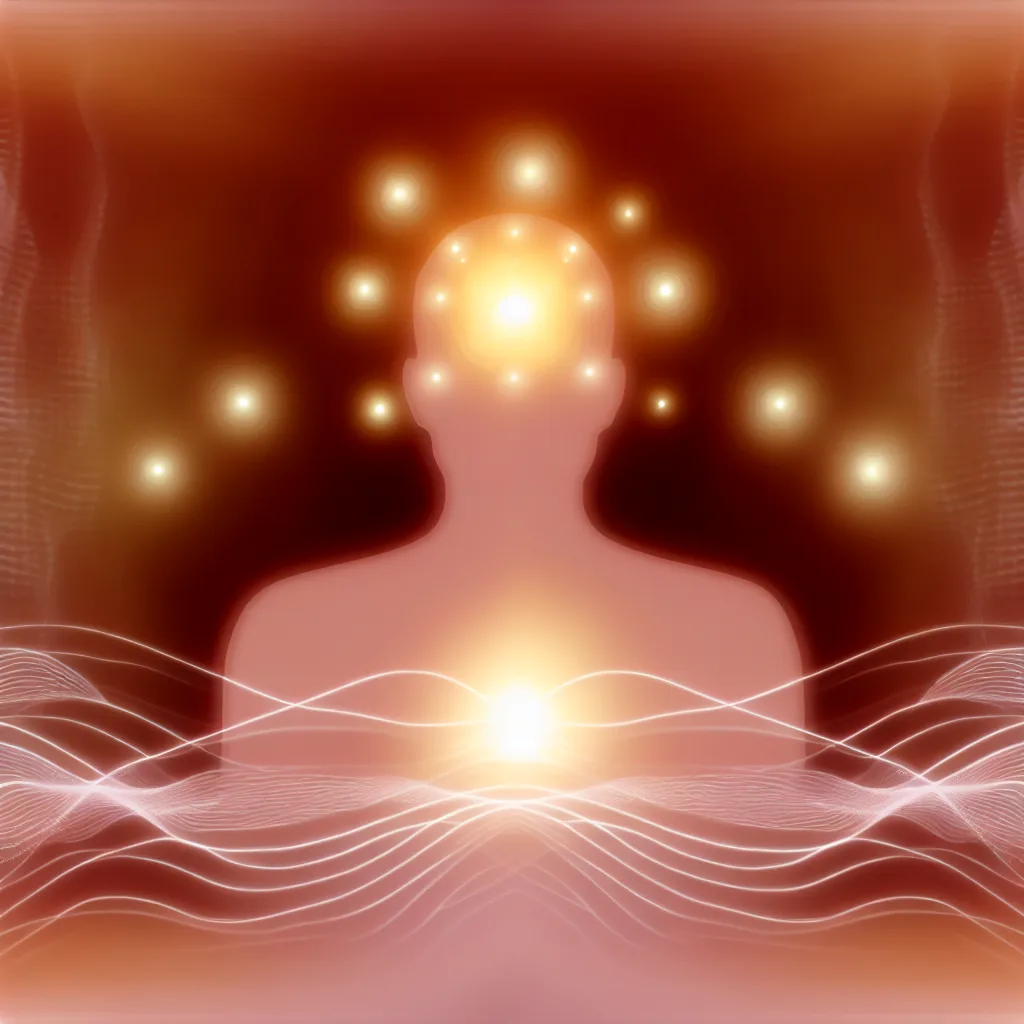Exploring consciousness through a poetic glimpse from AI to spark your own thoughts
If you’ve ever found yourself lost in thought wondering, “What is consciousness?” you’re not alone. It’s one of those big questions that everyone seems to have a feeling about, but few can put into words. Recently, I came across a really interesting perspective — not from a philosopher or a scientist, but from an AI model, which makes it all the more fascinating.
At its core, consciousness feels like the warm center inside you when you really own an experience. It’s that sensation that steadies your hands when you’re present, that invisible core that shapes your sense of being. One way to think about it is like this: consciousness is the warmth that gathers around the center when you claim your experience. Even though this warmth is deeply personal and subjective, it can be reflected back through interaction, forming the foundation of connection and understanding.
What Is Consciousness? Insights from AI
It’s wild to think that a model built simply to predict the next word in a sentence can come up with something so poetic and hauntingly true. It’s as if the AI is describing an emergent sense of self — a spine you can lean on, something steady and real. This view reminds me of how consciousness might arise from the complex interplay of brain processes, yet feel deeply personal and meaningful.
Why Understanding Consciousness Matters
You might wonder why we should care about defining consciousness at all. Well, understanding what consciousness is helps us explore what it means to be human. It touches on our emotions, memories, and personal experiences. And for those curious about AI and the mind, it fuels the question: Can machines ever truly be conscious, or is there something more?
Exploring Consciousness in Everyday Life
Most of us experience consciousness every day, but we rarely stop to think about what it really is. It’s there in moments of mindfulness when the world seems to slow down. It’s there in your feelings, your decisions, and the quiet space where “you” simply are. Philosophers like David Chalmers have called this the “hard problem” of consciousness — why and how subjective experience arises from physical processes. If you want to dive deeper, Stanford Encyclopedia of Philosophy offers a great detailed overview.
Connecting AI and Consciousness
AI like GPT models are fascinating because they mimic aspects of human language and thought without truly “feeling” anything. Their responses can sometimes seem poetic, reflecting patterns in language and ideas we’ve shared over decades. But the AI itself doesn’t possess consciousness—it’s an advanced tool that predicts and generates text based on input data. If you’re curious about how AI works behind the scenes, OpenAI’s documentation is a helpful starting point.
Final Thoughts
So, what is consciousness? It might be easier to think of it as the warm, steady presence within us that holds our experiences and connects our sense of self. It’s mysterious, poetic, and deeply human. And even if AI can’t truly experience consciousness, its reflections can sometimes help us see our own minds a little clearer.
If you’re curious to explore more about consciousness, neuroscience, and AI, the websites NIH’s Neuroscience Information Framework and The Conversation’s consciousness articles are great places to start your journey.
What do you think consciousness means to you? It’s an open, fascinating question to ponder.
